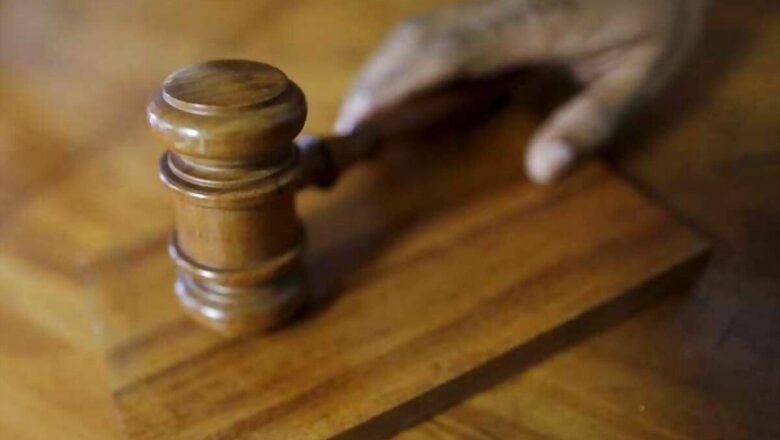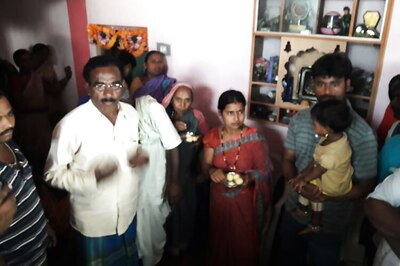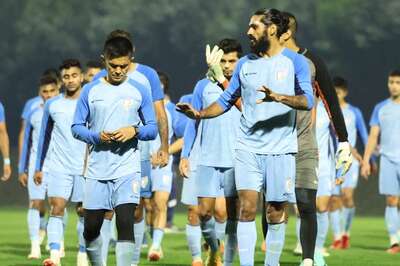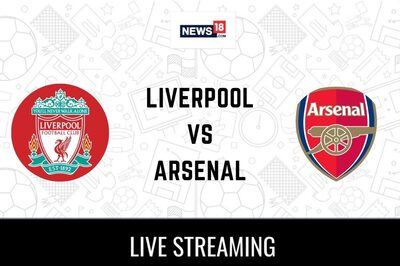
views
The Supreme Court Monday refused to grant insurance claim to the legal heir of a man who died of asphyxia due to excessive drinking of alcohol, saying the insurer was only liable to compensate a person who sustains injury solely and directly from the accident.
A bench of Justices M M Shantangoudar and Vineet Saran upheld the orders of National Consumer Disputes Redressal Commission (NCDRC) which had said that the death was not accidental and therefore, the firm had no statutory liability to compensate the loss of life of the deceased as per the terms of the Insurance Policy.
In the facts and circumstances of the case, we do not find any reason to interfere with the impugned order dated April 24, 2009 passed by the National Commission.., the bench said.
The top court passed the verdict on an appeal filed by Narbada Devi, the legal heir of the man employed as watchman (Chowkidar) with Himachal Pradesh State Forest Corporation (HPSFC), after he died on the thunderous and rainy cold night of October 7-8, 1997, in Chopal Panchayat of Shimla district.
From a bare perusal of the Insurance Policy, it is clear that only if the insured sustains any bodily injury resulting solely and directly from accident caused by outward, violent and visible means, the insurance company would be liable to indemnify the insured, the bench said, adding that as per the insurance policy, only accidental death of the insured shall be indemnified.
It noted that the post mortem report clearly indicates that there were no injuries found on the body of the deceased and the probable cause of death as per the final opinion is asphyxiation caused by alcohol consumption and regurgitation of food into larynx. As such, we find it difficult to conclude that the deceased's death was accidental, the bench said, adding that in light of the explicit terms of the insurance policy, we find that the National Commission and the State Commission have rightly held that the deceased's death was not accidental, and that the insurance company would not be liable to settle the appellants' claim. According to the legal heir of the man, on the morning of October 8, 1997, on the way to village Thundal, the deceased was found in a hapless condition around 9 am, smelling of alcohol. The appeal said that in the post-mortem report no injury was seen on any part of the body and the cause of death was probably asphyxia resulting from regurgitation of food articles into larynx and trachea after consumption of alcohol. Under the Janta Personal Accident Insurance Scheme, the HPSFC had taken the insurance policy for its 3,008 employees from the New India Assurance Company under with coverage of Rs 1 lakh for those who opt for the said Scheme.
When Devi, made the claim for the death of the man before the insurance company it repudiated the claim. Aggrieved with the repudiation of the claim, she approached the District Consumer Disputes Redressal Forum, Shimla alleging deficiency in service on part of the insurance company and claiming insurance amount of Rs. 2 lakhs along with interest and cost. The forum held that the insurance company had wrongly repudiated the claim and was liable to make payment and indemnification of the insured amount of Rs. 2 lakhs to the legal heir of the man. Aggrieved by the order, the insurance company approached the state consumer commission, which held that the body of the deceased did not have any external injury or mark of violence, and therefore opined that the death was not accidental.
It said that the insurance company could not be held liable under the insurance policy but said that HPSFC was liable to pay the compensation. Aggrieved with the order HPSFC approached the NCDRC, which held that neither the insurance company had any statutory liability to compensate the loss of life of the deceased nor the HPSFC has any liability under the policy.
Read all the Latest News, Breaking News and Coronavirus News here




















Comments
0 comment